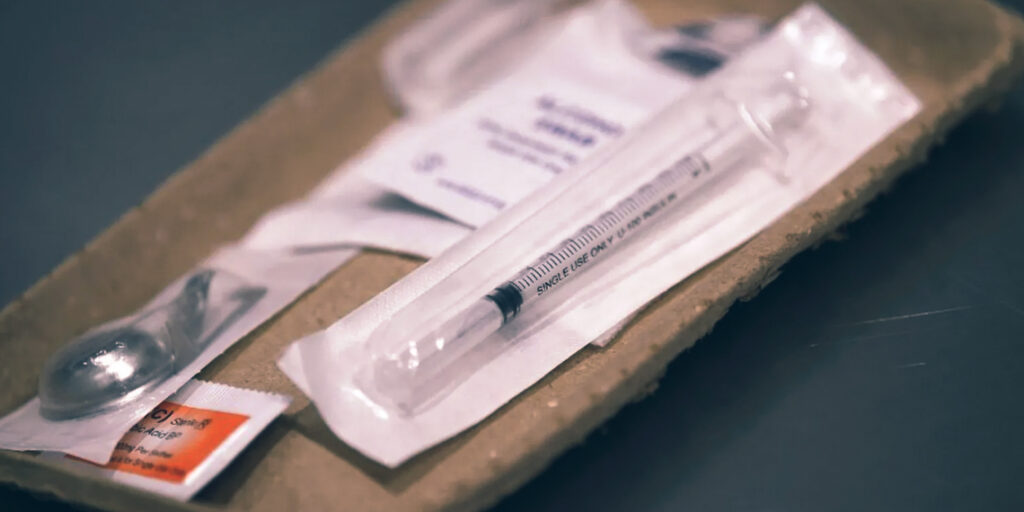Glasgow is set to make history with the opening of the UK’s first official safer drugs consumption facility, named “The Thistle,” on January 13. Located on Hunter Street, the center will allow individuals to use substances such as heroin and cocaine under clinical supervision, in an effort to reduce overdoses and provide access to addiction support services.
The facility will operate 365 days a year, from 09:00 to 21:00, accommodating up to 30 service users at a time. Originally scheduled to open in October, the launch was delayed for final checks on the building’s water and ventilation systems.
Aiming to Reduce Drug-Related Deaths
Scotland faces the highest drug death rate in Europe, with 1,172 fatalities recorded in 2023—a 12% increase from the previous year. The Thistle facility aims to address this crisis by offering a safe environment for drug use while connecting users with further support to tackle addiction.
Health Secretary Neil Gray highlighted the life-saving potential of the initiative, stating, “Evidence from over 100 facilities worldwide tells us it will save lives.” The Scottish government has contributed £2.3 million to the project.
Councillor Allan Casey, Glasgow City Council’s convener for addiction services, also expressed optimism, saying, “We have been advocating for a safer drug consumption facility for years. It’s a relief to see this service finally accessible for those who need it.”
Years of Delays and Political Wrangling
The idea of a drug consumption room was first proposed in 2016 following an HIV outbreak in Glasgow. However, the project faced years of delays due to political disagreements between the Scottish and UK governments. Glasgow City Council approved the initiative in September 2023 with the backing of the Scottish government.
A Pilot Scheme with Global Inspiration
The Thistle joins over 100 similar facilities worldwide, including successful examples in Europe and Canada. The pilot scheme is designed to reduce both fatal and non-fatal overdoses while creating opportunities for users to transition into treatment programs.
Proponents hope the facility will mark a significant step forward in addressing Scotland’s ongoing drugs crisis, offering a lifeline to those at risk and reducing the burden on emergency services.


